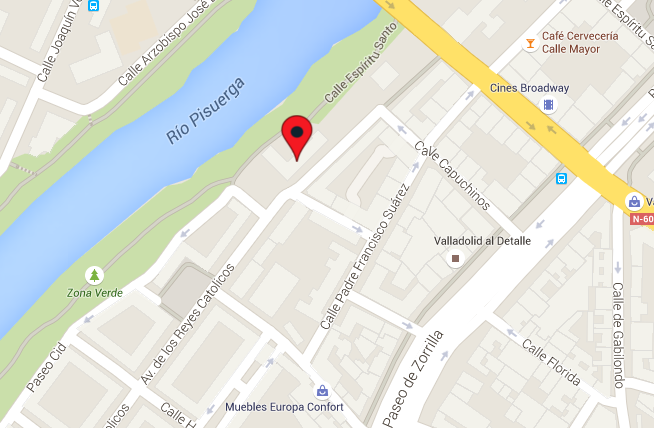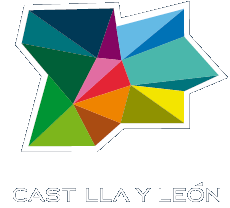
Como coreógrafo, Radev utiliza una variada selección de música de un amplio espectro histórico. Por regla general se desarrolla con un conjunto difícil y composiciones sinfónicas.” (Y.Abdokov - Compositor, maestro, profesor, doctor en Historia del Arte.)
Krill Radev nació en Doneck, en 1981. En 1991 comenzó sus estudios de danza en la Academia de Ballet Ruso de A.Vaganova. Se incorporó al Ballet Imperial Ruso en 1999 como solista, llegando al rango de primer bailarín en 2003. Su repertorio con esa compañía incluye: "La Bella Durmiente" (coreografía de M.Petipa), "El Cascanueces" (coreografía de M. Petipa), "Romeo y Julieta" (coreografía de M.Lavrovskiy), "Bolero" (coreografía de N.Androsov), "Le Corsaire" (coreografía de M.Petipa “Phantom de la rosa" y "Scheherazade" (coreografía de M.Fokin), "Paquita" (coreografía de M.Petipa), "bailes Polovetzian" (coreografía de K.Galezovskiy), "Don Quijote" (coreografía de M.Petipa) entre otras. En 2008, Radev se unió a Corella Ballet, después Barcelona Ballet, como solista, con Ángel Corella como director. Su repertorio con la compañía incluye: "Clear" (coreografía de Stanton Welch), "Bruch Violin Concerto N°1" (coreografía de Clark Tippet), "Fancy Free" (coreografía de Jerome Robbins), "String Sextet" (coreografía de Ángel Corella), "La Bayadère" (coreografía de Natalia Makarova, después de Marius Petipa), "In The Upper Room" (coreografía de Twyla Tharp), "Lago de los cisnes" (coreografía de M.Petipa), "VIII", "DGV: DANSE a Grand Vitesse", "For 4" (coreografía de Christopher Wheeldon) entre otras.
En 2009, Radev realizó trabajos coreográficos para los alumnos del último curso de la Academia de Coreografía de Moscú. Terminó la carrera en la Academia de Coreografía de Moscú y adquirió el título superior en la especialidad de coreografia en 2010.
Los premios de Radev incluyen: El Gran Premio en el 7º Concurso Internacional de Ballet de Luxemburgo en 2003, como una bailarín. Un diploma del VIII Concurso de Bailarines de ballet de Rusia, en Perm en 2004, como bailarín. Como coreógrafo, la Medalla de Bronce en el VII Serge Lifar Concurso Internacional de Ballet, Doneck, Ucrania en 2011. Laureado de Concurso Internacional de Ballet y Coreógrafos de Moscú en 2017.
En 2012, Kirill Radev creó su segunda obra por encargo del Ballet de Barcelona: «Facing the light» de la música por A.Vivaldi. Este ballet fue un éxito notable. El Ballet de Barcelona lo incluyó en el repertorio. En 2014, hizo su tercera obra para la compañía de Teatro «Ballet de Moscú». Este ballet fue «Tres Poemas» Música de Y.Abdokov, incluidas en el repertorio de la compañía.
En 2015, Radev fue invitado por el Conservatorio Profesional de Danza Clásica de Yakust. Realizó una obra llamada «Diálogos». Quince bailarines se graduaron bailando éste ballet. Se utilizó música de E. Grieg.
En el verano de 2015/16 fue invitado al festival de danza «Más danza el Salvador» para impartir clases de técnica clásica y paso a dos.
En mayo de 2016 realizó una creación coreografica para la producción de «Siete Pecados Capitales» de la compañía de danza LaMov de Zaragoza.
En 2017 realizó coreografīa de la Opera «Oedipus Rex» en el S-Petersburgo y estreno el ballet «Metamorfosis» en el Teatro «New Ballet» Moscú.
En 2016/2017/2018 ha partisipado en los festivales/talleres de Bolshoy Teatro de Moscú, Teatro Estatal Academico de Ekaterenburgo, Institut del Teatre de Barcelona.
En 2018 ha sido uno de los coreógrafos invitados para el proyecto de televisión «Bolshoi Ballet» con la creación para J.MacKay el principal bailarín de Teatro Mikhailovsky, S-Petersburgo.

 English
English
 Español
Español 



